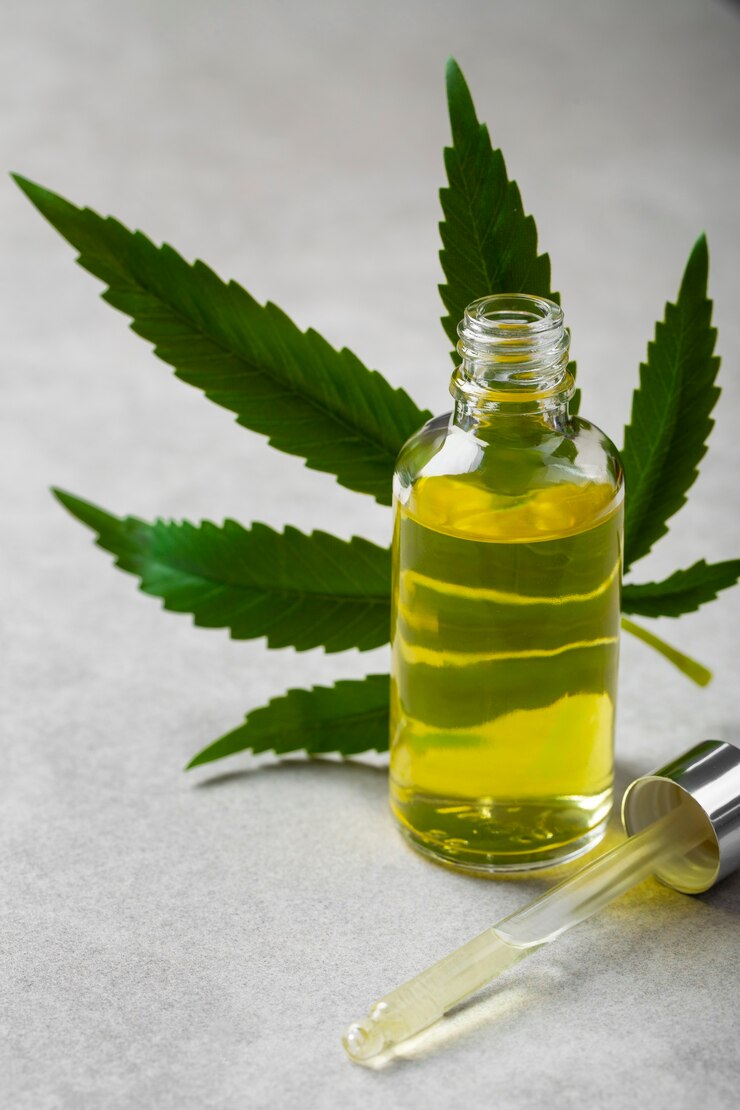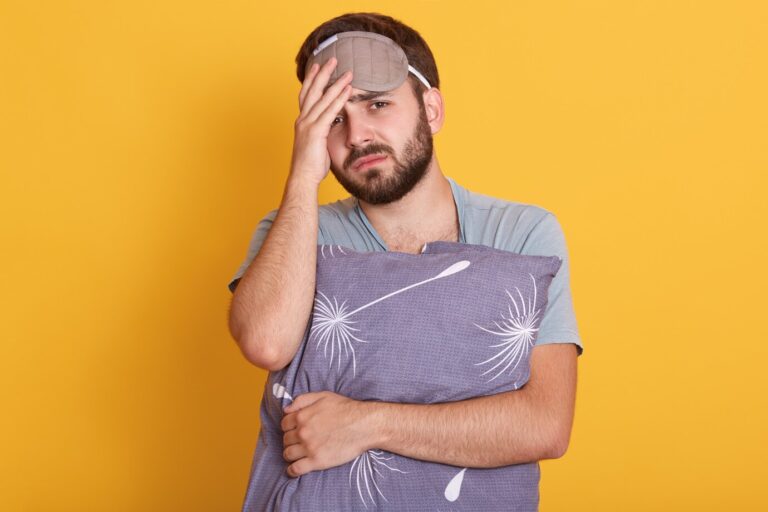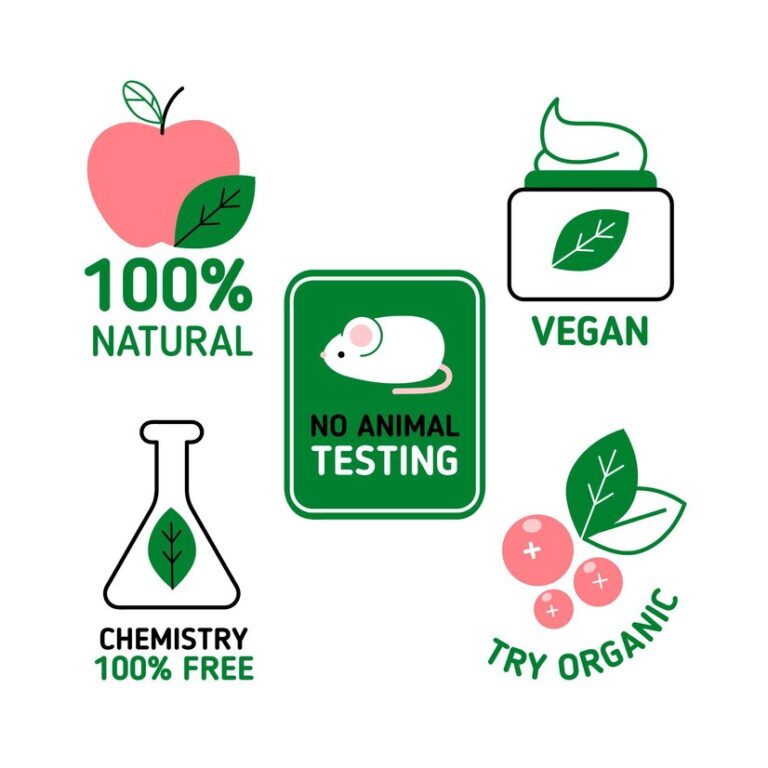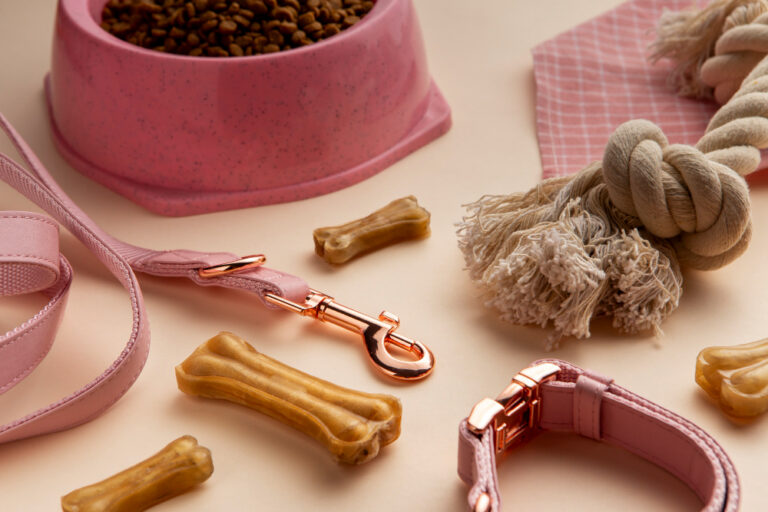Identifying High-Quality CBD Products
Decoding the Label: Your Guide to Identifying High-Quality CBD Products
The market for CBD Products has exploded in recent years, offering a vast array of options from oils and tinctures to edibles and topicals. While this abundance provides consumers with choices, it also presents a challenge: how do you discern the high-quality CBD Products from the rest? With varying standards and regulations, it’s crucial to be an informed buyer to ensure you’re getting safe, effective, and trustworthy CBD Products.
This comprehensive guide will equip you with the knowledge and tools you need to confidently identify high-quality CBD Products. We’ll delve into the key indicators of quality, red flags to watch out for, and answer some frequently asked questions to help you navigate the often-complex world of CBD Products.
Navigating the CBD Landscape: A Consumer’s Challenge
The sheer volume of CBD Products available can be overwhelming. From online retailers to local shops, it seems like everyone is offering their own version of CBD. This rapid growth has, unfortunately, also led to inconsistencies in product quality. Some CBD Products may contain less CBD than advertised, while others might contain harmful contaminants or even undisclosed levels of THC. As a consumer, it’s your responsibility to be discerning and prioritize quality when choosing CBD Products.
What is CBD? A Quick Reminder
Before we dive into identifying quality, let’s briefly revisit what CBD is. Cannabidiol (CBD) is a naturally occurring compound found in the cannabis sativa plant, particularly in hemp. It’s non-psychoactive, meaning it won’t produce the “high” associated with marijuana. CBD interacts with the body’s endocannabinoid system (ECS), which plays a role in regulating various1 functions like mood, sleep, pain, and inflammation. The potential benefits of CBD Products stem from this interaction.
Why Quality Matters When Choosing CBD Products
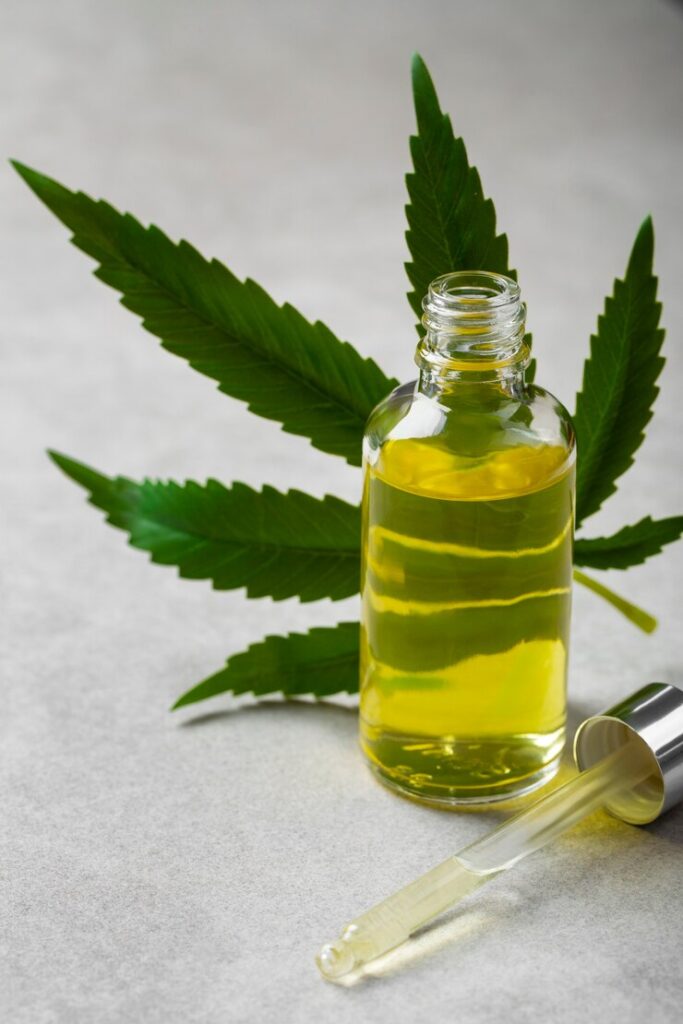
Opting for high-quality CBD Products is paramount for several reasons:
- Efficacy: High-quality products are more likely to contain the advertised amount of CBD, ensuring you receive the intended therapeutic benefits.
- Safety: Reputable manufacturers prioritize safety and conduct thorough testing to ensure their products are free from harmful contaminants like heavy metals, pesticides, and molds.
- Legality: High-quality CBD Products derived from hemp will contain less than 0.3% THC, adhering to federal regulations in the United States.
- Transparency: Quality brands are transparent about their sourcing, manufacturing processes, and testing procedures, providing consumers with peace of mind.
- Avoiding Misleading Information: The CBD Products market can be rife with unsubstantiated claims. Choosing reputable brands helps you avoid misleading information and ensures you’re making informed decisions based on reliable data.
Key Indicators of High-Quality CBD Products: Your Checklist
When evaluating CBD Products, keep an eye out for these crucial indicators of quality:
- Third-Party Lab Testing and Certificate of Analysis (COA): This is arguably the most important factor. A reputable company will have its CBD Products tested by an independent third-party laboratory. The results of these tests are typically provided in a Certificate of Analysis (COA). This document should verify the CBD content, confirm the THC level is below the legal limit, and screen for contaminants. Look for a COA that is recent, easily accessible (often on the company website), and specific to the batch of product you are considering.
- Source of Hemp: High-quality CBD Products are usually derived from organically grown hemp. Hemp grown in the United States is often subject to stricter agricultural regulations. Knowing the source of the hemp can provide insights into the quality and purity of the raw material used.
- Extraction Method: The method used to extract CBD from the hemp plant can impact the quality of the final product. CO2 extraction is2 often considered the gold standard as it’s a clean and efficient method that doesn’t leave behind harmful solvents.
- Full-Spectrum, Broad-Spectrum, or Isolate: Understand the differences between these types of CBD Products.
- Full-spectrum CBD contains all the naturally occurring compounds found in the hemp plant, including trace amounts of THC3 (below 0.3%). This is believed to produce the “entourage effect,” where various cannabinoids and terpenes work synergistically.
- Broad-spectrum CBD contains most of these compounds but has had the THC removed.
- CBD isolate contains only pure CBD, with no other cannabinoids or terpenes. The best choice for you depends on your individual needs and preferences.
- Clear Labeling and Transparency: High-quality CBD Products will have clear and accurate labeling that includes the amount of CBD per serving, the total CBD content in the product, a list of all ingredients, the batch number, and ideally, a QR code linking to the COA. Be wary of vague or misleading labels.
- Reputable Brand and Customer Reviews: Research the brand’s reputation. Look for customer reviews and see what others are saying about the product’s effectiveness and the company’s customer service. Established brands with positive feedback are generally a safer bet.
- THC Content: Ensure the product clearly states its THC content and that it is below the legal limit of 0.3% in the United States.
- Price Point: While price shouldn’t be the sole determining factor, extremely cheap CBD Products might be a red flag for lower quality. High-quality manufacturing and testing processes often come with a certain cost.
Red Flags to Watch Out For: Proceed with Caution
Be wary of CBD Products that exhibit the following red flags:
- Lack of Third-Party Lab Testing: If a company doesn’t provide readily available COAs, it’s a major red flag.
- Vague or Misleading Claims: Be skeptical of products that make outlandish health claims or promise to cure serious diseases.
- Proprietary Blends: While not always a sign of low quality, proprietary blends can make it difficult to know the exact amount of each ingredient, including CBD.
- Extremely Low Prices: As mentioned earlier, suspiciously cheap CBD Products might indicate lower quality or misrepresented content.
- No Clear Information About the Company: If the company’s website is lacking in information about their sourcing, manufacturing, or testing processes, it’s best to proceed with caution.
The Importance of Understanding Cannabinoid Profiles and Terpenes
Beyond just the CBD content, high-quality CBD Products, particularly full-spectrum and broad-spectrum options, will contain a range of other beneficial compounds found in hemp, including other cannabinoids (like CBG, CBN, and CBC) and terpenes (aromatic compounds that can have their own therapeutic effects). The COA should ideally provide a detailed breakdown of the cannabinoid profile and terpene content, offering a more comprehensive understanding of the product’s composition.
How to Verify the Quality of CBD Products: A Step-by-Step Guide
- Locate the COA: Check the company’s website for a link to the Certificate of Analysis (COA). It might be on the product page, in a dedicated “Lab Results” section, or accessible via a QR code on the product packaging.
- Review the COA: Carefully examine the COA. Verify that it was conducted by a reputable third-party lab. Check the date to ensure it’s recent.
- Confirm CBD and THC Levels: Ensure the COA confirms the advertised CBD content and that the THC level is below 0.3%.
- Check for Contaminants: Look for results indicating the product has been tested for and is free from heavy metals, pesticides, solvents, and microbial contaminants.
- Match the Batch Number: If possible, match the batch number on the COA to the batch number on your product packaging to ensure the results are relevant to your specific item.
- Research the Brand: Look up online reviews and see what other customers are saying about the brand and their products.
Conclusion: Empowering Your CBD Journey with Knowledge
Choosing high-quality CBD Products is essential for ensuring you’re getting a safe and effective product that meets your needs. By understanding the key indicators of quality, knowing what red flags to watch out for, and taking the time to verify product information, you can navigate the CBD Products market with confidence. Remember that transparency, third-party testing, and a commitment to quality are hallmarks of reputable CBD Products. By prioritizing these factors, you can embark on your CBD journey with greater peace of mind.
Frequently Asked Questions (FAQs) about Identifying High-Quality CBD Products:

1. What does “full-spectrum” CBD mean, and is it better than “isolate”?
“Full-spectrum” CBD Products contain all the naturally occurring cannabinoids, terpenes, and other beneficial compounds found in the hemp plant, including trace amounts of THC (below 0.3%). The “entourage effect” suggests these compounds work synergistically to enhance the overall benefits. “Isolate” CBD Products contain only pure CBD, with all other compounds removed. Neither is definitively “better”; the choice depends on individual preferences and needs. Some prefer the potential synergistic effects of full-spectrum, while others may opt for isolate to avoid any THC.
2. Why is third-party lab testing so important for CBD Products?
Third-party lab testing provides an unbiased and independent verification of the contents of CBD Products. This ensures that the product contains the advertised amount of CBD, that the THC level is within the legal limit, and that it is free from harmful contaminants like heavy metals, pesticides, and molds. It’s a crucial step in ensuring product quality and safety.
3. How can I tell if a CBD company is reputable?
A reputable CBD Products company will be transparent about its sourcing, manufacturing processes, and testing procedures. They will readily provide access to third-party lab results (COAs), have clear and informative labeling, and often have positive customer reviews. Look for companies that prioritize quality and are willing to answer your questions openly and honestly.
4. Is a higher CBD dosage always better in CBD Products?
Not necessarily. The optimal CBD dosage varies greatly depending on individual factors like body weight, metabolism, the specific condition being addressed, and individual sensitivity. It’s generally recommended to start with a low dose and gradually increase it until you find the dosage that works best for you.4 Higher dosages don’t always equate to better results and can sometimes increase the risk of side effects.

